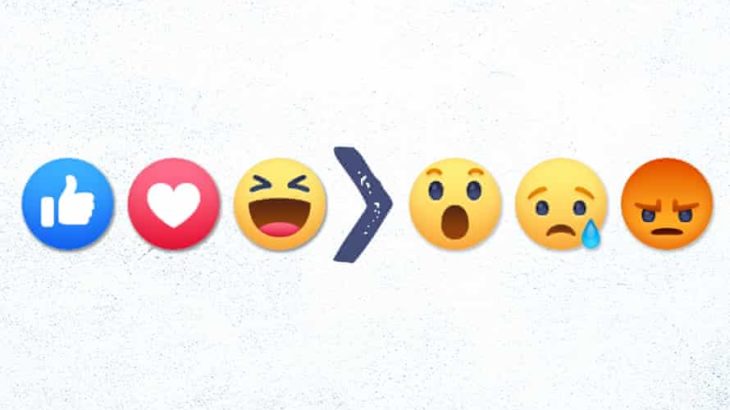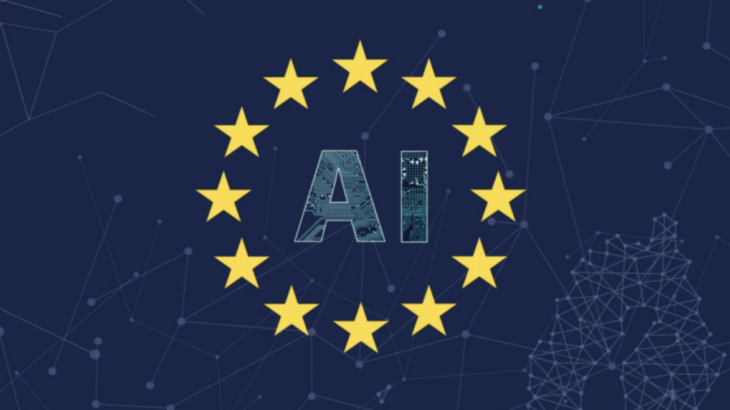Moral & Ethical Debates About Digital Culture
Scholars & Thought Leaders
Kate Crawford
Kate Crawford is a leading scholar of the social and political implications of artificial intelligence. Over her 20-year career, her work has focused on understanding large-scale data systems, machine learning and AI in the wider contexts of history, politics, labor, and the environment. She is a Research Professor of Communication and STS at USC Annenberg. She previously co-founded the AI Now Institute at New York University.

Laura DeNardis
Dr. Laura DeNardis is a globally recognized Internet governance scholar and Professor in the School of Communication at American University in Washington, DC. She also serves as Faculty Director of the Internet Governance Lab at American University. With a background in information engineering and a doctorate in Science and Technology Studies (STS), her research studies the social and political implications of Internet technical architecture and governance.
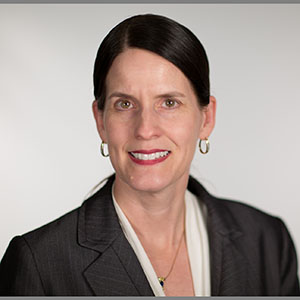
Danah Boyd
Currently a Partner Researcher at Microsoft Research and the founder of Data & Society. She is also a Visiting Professor at New York University’s Interactive Telecommunications Program . Her research examines the intersection between technology and society.
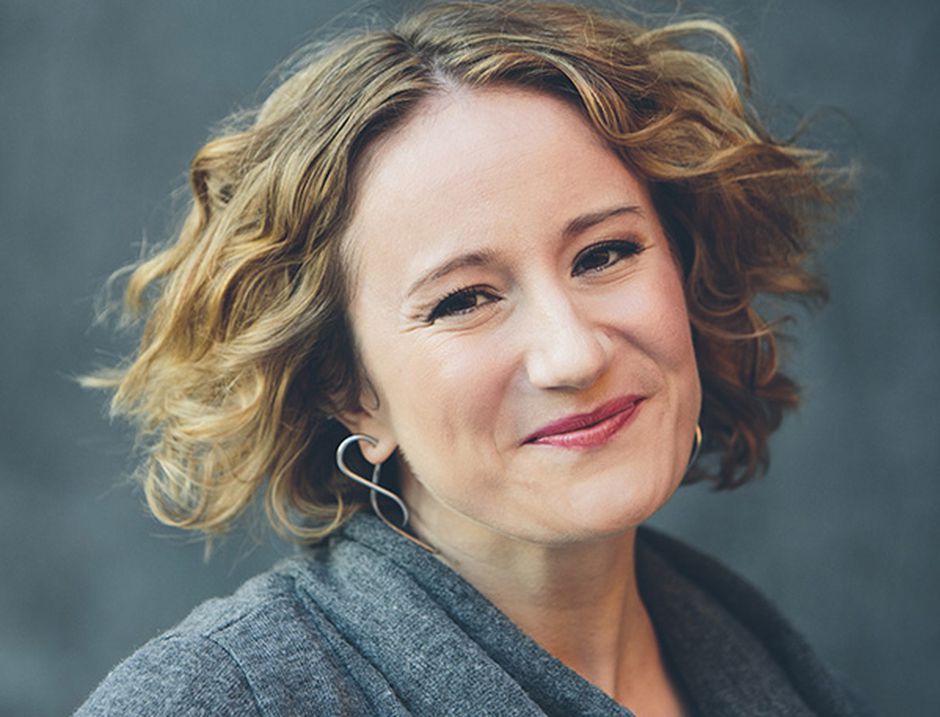
Sherry Turkle
Sherry Turkle is the Abby Rockefeller Mauzé Professor of the Social Studies of Science and Technology in the Program in Science, Technology, and Society at MIT, and the founding director of the MIT Initiative on Technology and Self. Professor Turkle writes on the “subjective side” of people’s relationships with technology, especially computers. She is an expert on culture and therapy, mobile technology, social networking, and sociable robotics.
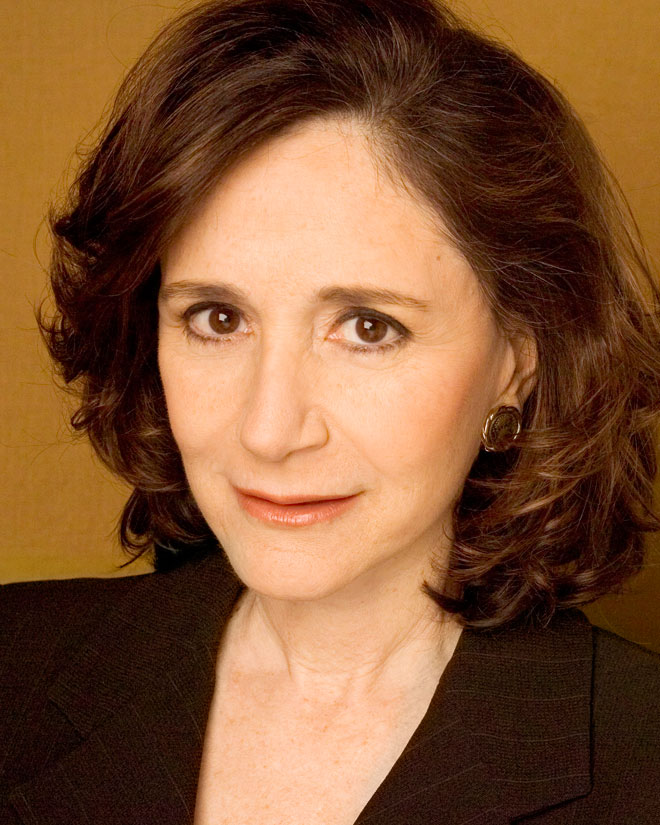
Adrienne Massanari
Adrienne Massanari (she/her) is an Associate Professor in the Department of Communication at the University of Illinois at Chicago. Her research interests include new media, gaming, digital cultures, design, platform politics, gender, and ethics. Her book, Participatory Culture, Community, and Play: Learning from Reddit (Peter Lang, 2015), considers the culture of Reddit.com.

Munmun De Choudhury
Munmun De Choudhury is an Associate Professor (with tenure) in the School of Interactive Computing at Georgia Tech. At Georgia Tech, Choudhury leads the Social Dynamics and Wellbeing Lab (SocWeB Lab). The lab studies, analyzes, and appropriates social media, responsibly and ethically, to derive computational, large-scale data-driven insights, and to develop mechanisms and technologies for improving our well-being, particularly our mental health.
- Artificial Intelligence for Mental Healthcare: Clinical Applications, Barriers, Facilitators, and Artificial Wisdom. (2021)
- Characterizing and predicting postpartum depression from shared Facebook data. (2014)
- Munmun De Choudhury : “Employing Social Media to Improve Psychiatric Treatment Outcomes” (2018)
- Social Media as a Measurement Tool of Depression in Populations (2013)
- The Interaction Hour: Can Social Media Unlock Clues to Mental Health (2018)
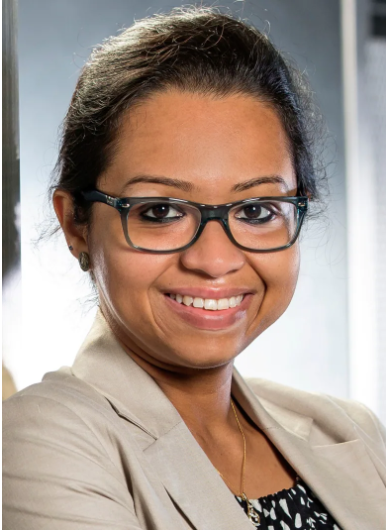
Mary L. Gray
Mary L. Gray is Senior Principal Researcher at Microsoft Research and Faculty Associate at Harvard University’s Berkman Klein Center for Internet and Society. She maintains a faculty position in the Luddy School of Informatics, Computing, and Engineering with affiliations in Anthropology and Gender Studies at Indiana University. Mary, an anthropologist and media scholar by training, focuses on how people’s everyday uses of technologies transform labor, identity, and human rights. Mary is a leading expert in the emerging field of AI and ethics, particularly research methods at the intersections of computer and social sciences. She sits on the editorial boards of Cultural Anthropology, Television and New Media, the International Journal of Communication, and Social Media + Society.
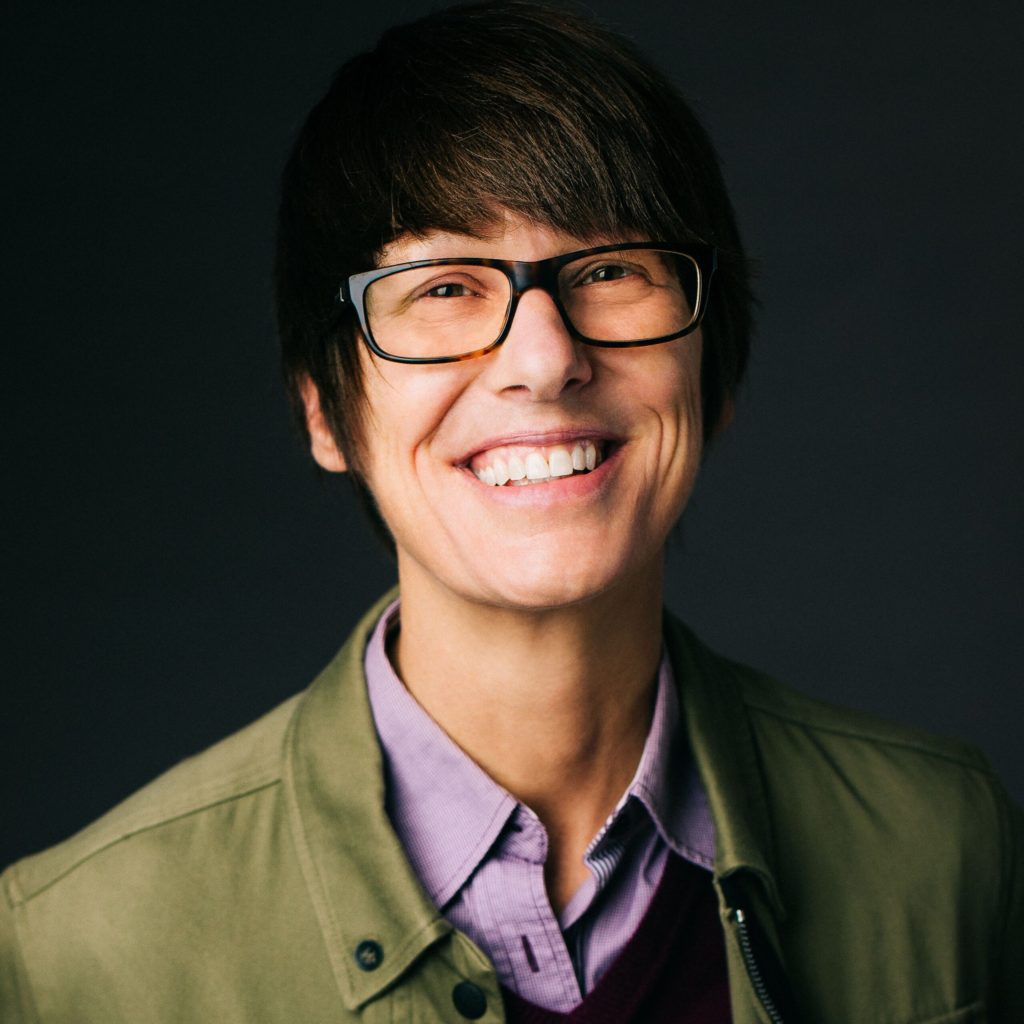
Mar Hicks
Mar Hicks is a historian of technology, gender, and labor, specializing in the history of computing. Hicks’s book, Programmed Inequality (MIT Press, 2017) investigates how Britain lost its early lead in computing by discarding the majority of their computer workers and experts–simply because they were women. Their current project looks at transgender citizens’ interactions with the computerized systems of the British welfare state in the 20th century, and how these computerized systems determined whose bodies and identities were allowed to exist.

Safiya Noble
In Algorithms of Oppression, Safiya Umoja Noble challenges the idea that search engines like Google offer an equal playing field for all forms of ideas, identities, and activities. Data discrimination is a real social problem; Noble argues that the combination of private interests in promoting certain sites, along with the monopoly status of a relatively small number of Internet search engines, leads to a biased set of search algorithms that privilege whiteness and discriminate against people of color, specifically women of color.
- Noble, S. U. (2016). A Future for Intersectional Black Feminist Technology Studies. Scholar & Feminist Online, 13(3), 1-8.
- A Conversation with Data and Society
- Algorithms of oppression (2018)
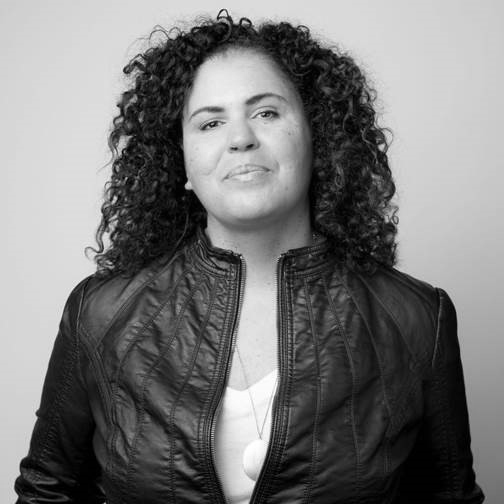
Cathy O’Neil
American mathematician, data scientist, and author. She is the founder of the blog mathbabe.org and has written books on data science, including the New York Times best-seller Weapons of Math Destruction. Her opinion columns are published in Bloomberg View. She is a former Director of the Lede Program in Data Practices at Columbia University Graduate School of Journalism’s Tow Center.
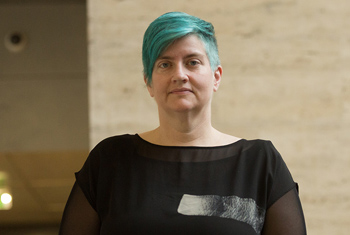
Shoshana Zuboff
Shoshana Zuboff is the Charles Edward Wilson Professor of Business Administration at the Harvard Business School (retired), where she joined the faculty in 1981. Professor Zuboff has published dozens of articles, essays, book reviews, and cases on the subject of information technology in the workplace, as well as on the history and future of work and management.
- Surveillance capitalism (2019)
- Interview Channel 4
- Shoshana Zuboff on surveillance capitalism | VPRO Documentary

Alice Marwick
Alice E. Marwick is an Assistant Professor in the Department of Communication and Faculty Affiliate at the Center for Media Law and Policy at the University of North Carolina at Chapel Hill, where she researches the social, political, and cultural implications of popular social media technologies. Her current book project examines how the networked nature of online privacy disproportionately impacts marginalized individuals in terms of gender, race, and socio-economic status.

Rebecca Mackinnon
Rebecca MacKinnon is founding director of Ranking Digital Rights (RDR), a program that works to promote freedom of expression and privacy on the internet by creating global standards and incentives for companies to respect and protect users’ rights. MacKinnon is co-founder of the citizen media network Global Voices. She currently serves on the board of directors of the Committee to Protect Journalists and was a founding member of the Global Network Initiative.

Film & Video
One helpful rule for being a Muslim on the internet – don’t read the comments (2016)
Turns out it’s not so easy being Muslim and online at the same time. In this clip, people argue that ‘to be a Muslim on the internet is receiving a lot of hate speech’.
Source: Vox
Has Social Media Harmed These Teens? (2021)
American teens from diverse backgrounds respond to prompts and debate whether social media has had a negative or positive impact on their lives. Roundtable discussion. Teenagers discuss being pro/anti social media, inequalities in algorithms and how SM impact their lives.
Source: Jubilee (Opinion-based YouTube channel that allows various different people to state their opinion on various topics)
“Wrap My Hijab” Rapper Mona Haydar Talks Sexism, Misogyny, and Religion on the Internet | ELLE (2018)
She’s a rapper. A chaplain. A feminist. And she wears a hijab. Meet Mona Haydar, the Muslim rapper whose 2017 musical debut sparked conversation, and controversy, all over the world wide web. Since, Mona has attracted an audience of fans — and haters — who’ve used the Internet to salute, and slam, the rising star. Watch as she shares her biggest gripes with being a public figure, a woman, on the Internet.
Source: ELLE
Is the Internet Making You Meaner? (2019)
If the Internet’s making you feel meaner, you’re not imagining it. People really do act differently online than they do in person. Here’s why. Why do people act differently online than they are in person? People aren’t always meaner online than in person, but according to the online disinhibition effect people can act differently online.
(Cyberbullying, harassment, comments about women’s bodies/appearance)
Source: Above the Noise | PBS Digital Studios
Books & Articles
The hate Facebook fosters destroys lives. Here’s what it did to me (2020)
“In mid-November, I had reported on the continued presence of white nationalist organizations on Facebook. I had again provided Facebook with a list of groups that were using its platform despite its stated policies against white nationalist hate, and Facebook had again failed to take action against them. What ensued was a vicious, weeks-long campaign of racist and sexist harassment, coordinated by white nationalist organizations (and amplified by Breitbart News). The neo-Nazis and white nationalists I had written about published articles with my photograph that described me as a “racial molotov cocktail” with ‘the cunning of the Jew and the meticulous mathematical mind of a Chink’.”
By Julia Carrie Wong
Source: The Guardian
Ethics Guidelines for Trustworthy AI (2019)
On 8 April 2019, the High-Level Expert Group on AI presented Ethics Guidelines for Trustworthy Artificial Intelligence. This followed the publication of the guidelines’ first draft in December 2018. According to the Guidelines, trustworthy AI should be:
(1) lawful – respecting all applicable laws and regulations
(2) ethical – respecting ethical principles and values
(3) robust – both from a technical perspective while taking into account its social environment
Source: European Commission
Technology Ethics (2020)
By Stephanie Hare
This book addresses one of the most vexing problems facing humans today: how can we create and use technologies so that they deliver maximum benefit and pose minimum harm? Four topics urgently require our ethical lens: biometrics, big data, data protection and children’s data.
Source: London Publishing Partnership
Web Resources
Centre for Data Ethics & Innovation
“We’re tasked by the Government to connect policymakers, industry, civil society, and the public to develop the right governance regime for data-driven technologies.”
RightsCon
“RightsCon is the world’s leading event on human rights in the digital age.”
